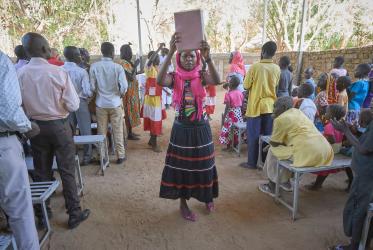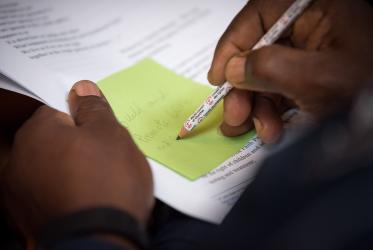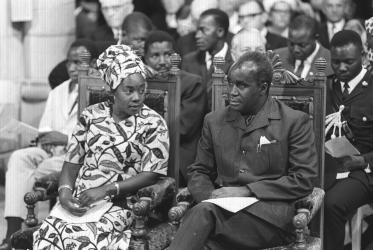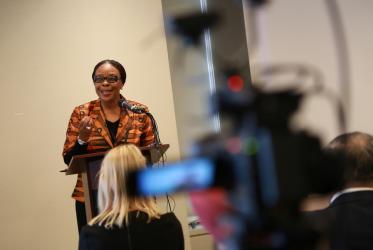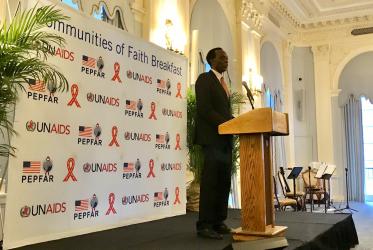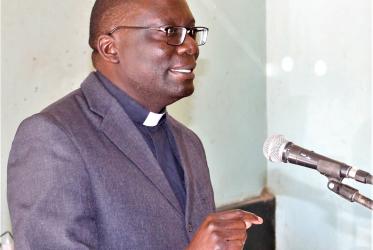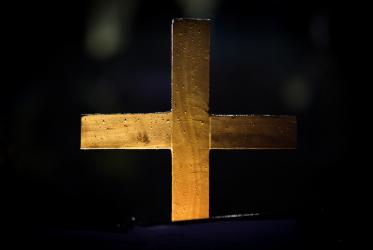Displaying 1 - 20 of 41
WCC expresses grave concern over political situation in Sudan
29 October 2021
Prayers lift up peaceful elections in Zambia
03 August 2021
Rev. Damon Mkandawire: “A man is a gender justice champion”
03 October 2019
Council of Churches in Zambia: “Involve the people in the process”
09 September 2019
In Zambia, foreign investors complicate “economy of life”
06 September 2017


